Our People
Our Board and Executive Leadership provide strategic and operational oversight of the company and ensure this aligns with our vision and values.
Our board

Dr Matt Francey
Group CEO
Matt is a prominent figure in urban water and natural resource management. As the CEO of Alluvium Group and a Director of EcoFutures, Alluvium International, Mosaic Insights and Natural Capital & Climate. Matt brings extensive experience from a government, scientific and community perspective to leading the Alluvium Group.<br> <br>Under Matt's leadership, the Alluvium Group has become a thought leader in the industry. His innovative approach to policy development and management has significantly advanced environmental practices. Matt's commitment to integrating scientific research with practical solutions, including the development of Alluviums internal research program and NfP foundation has enabled the Alluvium Group to deliver impactful projects that address critical environmental challenges.<br> <br>Matt's vision for the Alluvium Group focuses on collaboration and innovation. He believes in harnessing the collective expertise of scientists, economists, engineers, and natural resource managers to develop solutions that benefit both the environment and the community. This collaborative ethos is reflected in the Alluvium Group's diverse team and their multidisciplinary approach to project delivery.<br> <br>As a leading thinker in the field, Matt continues to drive the Alluvium Group's principles and vision. His dedication to excellence and his ability to inspire and lead his team have made the Alluvium Group a trusted partner for clients and the wider industry seeking innovative and effective environmental solutions.
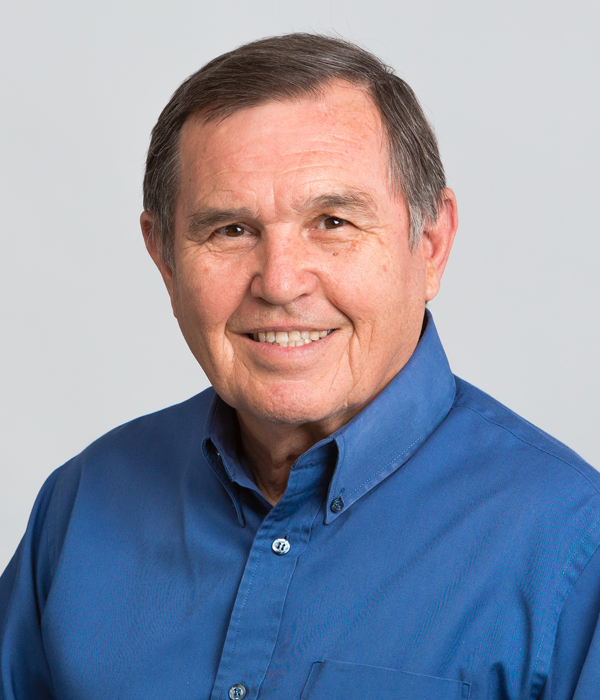
Dr Neil Byron
Director
Neil has provided independent, practical economics and policy advice on natural resources – biodiversity, water resources, agriculture, fisheries, and forestry – including 12 years as Productivity Commissioner, where he conducted 26 public Inquiries. Subsequently, he has been engaged in a succession of part-time assignments involving policy formulation and/or evaluation of natural resource management policies, in Australia and overseas. Neil has extensive experience in governance, and strategic and corporate planning that anticipates and identifies emerging trends, in both government and the private sector.<br><br>Previously, Neil was:<br>- Chair, Audit and Risk Committee, Productivity Commission, (2021-24)<br>Member, MDBA’s Advisory Committee on Social, Economic and Environmental Sciences (2018-23)<br>- Member Commonwealth Threatened Species Scientific Committee (2024)<br>- Trustee, NSW Biodiversity Conservation Trust (2017-19)<br>- Assistant Commissioner, then Commissioner, NSW Natural Resources Commission (2018-21)<br>- Non-executive director, Earthwatch Institute Australia, Melbourne (2010-16)<br>- Member of the Independent Science Panel for Great Barrier Reef (2009 – 14)<br>- Member of IUCN’s World Commission on Protected Areas (2005-10) <br>Deputy Director General, Centre for International Forest Research (1993-98) based in Indonesia<br>- Director ANU Graduate Program in Environment and Development (1990-93)<br>- Deputy Director, Nepal Australia Community Forestry Project, Kathmandu, Nepal (1986-91) and<br>- Team Leader, UNDP/FAO Planning Team, Dhaka, Bangladesh (1982-84)<br> <br>Neil has over 100 peer reviewed articles and books, mainly in environmental economics and international development economics. He is a Fellow of the Aust Institute of Company Directors and of the Royal Society (NSW).<br>
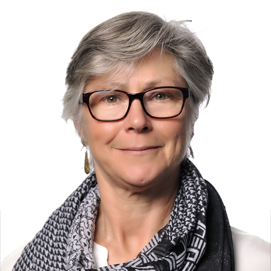
Dr Jenny Gordon
Director
<p class="Body"><span lang="EN-US">Jenny Gordon is a non-executive director for Natural Capital & Climate. She is an Honorary Professor at POLIS: the Centre for Social Policy Research at the Australian National University and a non-resident fellow at the Lowy Institute, one of Australia’s leading think tanks on foreign policy. Jenny serves on the Asian Development Bank Institute’s (ADBI) Advisory Committee. In 2024 Jenny was a visiting fellow at the Mossavar-Rahmani Center for Business and Government at the Kennedy School at Harvard University and at Blavatnik School of Government and Business at Oxford University. Jenny was a member of the Australian International Agricultural Research Centre’s Monitoring, Evaluation and Learning Advisory Panel from 2020 to 2024, and in 2023 she served as a co-chair for the Taskforce on Peace, Stability and Governance for the T7, organised by the ADBI.<br> <br>Jenny was the Chief Economist at DFAT from 2019 to 2021, joining DFAT from Nous Group, where she was the Chief Economist. Jenny spent 10 years with the Australian Productivity Commission as Principal Adviser (Research) from 2008. From 1995 to 2008 worked at The Centre for International Economics (TheCIE), becoming a partner in 2002. She has a PhD in Economics from Harvard University and started her professional career at the Reserve Bank of Australia.</span></p>
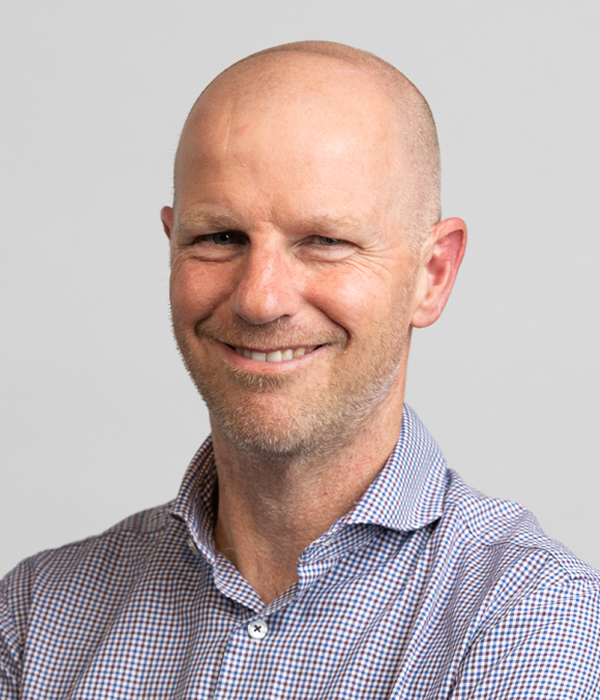
Dr Pete Morison
Vic/SA/NZ Regional Manager
Dr Pete Morison is an environmental and social scientist. He has over 30 years of experience in strategic management, water governance, natural resource management, and environmental policy. Pete’s diversity of leadership and project experiences include as CEO of the Victorian water industry’s peak body (VicWater), driving the new liveability agenda for Melbourne Water, producing technical specialist services for waterways management, and policy design for integrated water management with the National Water Commission. Adept in bridging science and practice, Pete has co-authored leading international publications in Integrated Water Management and Water Sensitive Urban Design.<br><br>Pete’s expertise encapsulates a breadth and depth of land and water management. He has led asset management, catchment management, land management, property and waterways science groups. These roles engendered a cohesive planning and implementation program that fulfilled the growing community drivers for liveability, public open space access and meta-landscapes for ecology and amenity. Key artefacts under Pete’s direction include the Victorian Water Sector Economics Review (‘Value for Victoria’), Port Phillip and Westernport Floodplain Management Strategy, the Western Treatment Plant Future Land Use Plan, and Melbourne Water’s Biodiversity Credits Conservation Scheme. <br><br>An adjunct Senior Fellow in the University of Melbourne’s Environmental Social Sciences Research Group, Pete has published over 30 papers and presented at over 20 national and international conferences as a keynote and panel speaker. He is currently a regional manager at Alluvium Consulting.
Management

Dr Jeremy Cheesman
General Manager – Natural Capital & Climate
Jeremy is an experienced applied natural resource and environmental economist, specialising in water, climate resilience, and the environment. Over the past two decades, he has led the delivery of more than 200 projects. <br><br>Service needs assessment, cost-benefit analysis, demand analysis, cost effectiveness analysis, and non-market valuation are tools used in most of his projects. Like Jim Binney, a major focus of Jeremys work is the integration of environmental values into mainstream decision making and investment prioritisation.<br>Jeremy has extensive project leadership experience across a range of resource and environmental management issues including water management (allocations, infrastructure investment (urban and rural), water use efficiency, water quality, and stormwater), catchment management, climate change, vegetation management, biodiversity, sustainable agriculture, natural capital valuation, natural capital funding and financing, ecosystem accounting, community and customer surveying and community structural adjustment. Examples of past work include collaborating on significant investment prioritisation work across the Great Barrier Reef catchments and the Murray-Darling Basin, leading the development of the Victorian stormwater quality offsets framework with the Victorian Government and implementing the approach with Victorian Councils, supporting the development of the Australian Government’s Nature Repair Markets and methods, and rural and urban infrastructure investment support.<br>Jeremy is a Non-Executive Director of the Natural Resources Conservation Trust, and a member of the Australian Water Partnership’s Technical Advisory Panel. He is an appointed member of Murray-Darling Basin Social and Economic Community of Practice (MDB SE CoP), and a current or past appointed technical advisor on projects with the Nature Conversancy, the One Basin CRC and others. <br> <br>Prior to joining NCC he was a Director at Marsden Jacob Associates and the water market aggregation platform Waterflow. He received his PhD in environmental economics from the Australian National University in 2007 (Managing water resources of the Dak Lak Plateau, Viet Nam: demand, efficiency, and welfare analyses).<br>
Our team
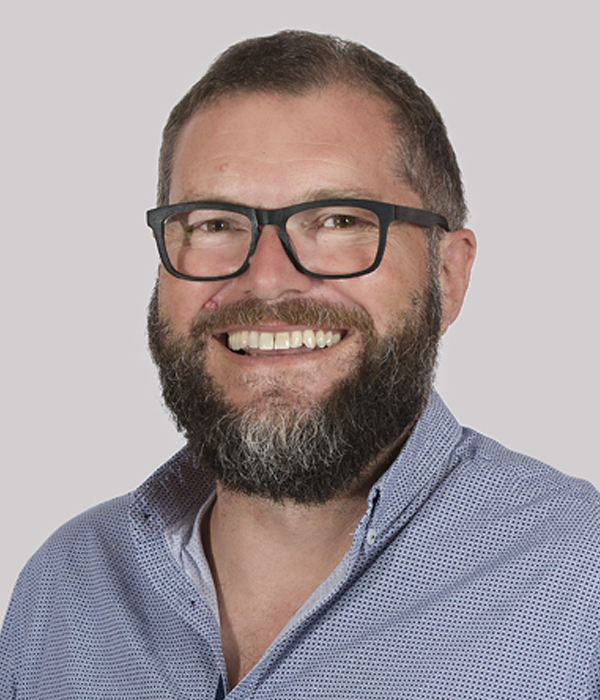
Jim Binney
Practitioner
Jim is a resource and environmental economic practitioner with over 25 years’ of postgraduate experience. Since 2006 he has undertaken in excess of 220 consulting assignments.<br><br>Cost-benefit analysis, cost effectiveness analysis, and non-market valuation are tools used in most of his projects. A major focus of his work is the integration of environmental values into mainstream decision making and investment.<br><br>Jim has experience across a broad range of resource and environmental management issues including water management (allocations, infrastructure investment (urban and rural), water use efficiency, water quality, and stormwater), catchment management, climate change, vegetation management, biodiversity, sustainable agriculture, sustainable development, waste management, development policy, impacts of resource development projects, and natural capital valuation.<br><br>Jim has undertaken consulting assignments in all states and territories across Australia as well as numerous international assignments in Tuvalu, Vietnam, Papua New Guinea, Fiji, Myanmar, China, Federated State of Micronesia, and for multinational organisations (e.g. SPREP, UN, FAO, OECD, GIZ, World Bank).<br><br>Prior to commencing his consulting career in 2006, Jim was the Director of Economics for the Queensland Department of Natural Resources.<br><br>Jim is currently spending a significant proportion of his time on assignments in the South Pacific.

Dr Amar Doshi
Dr Amar Doshi brings over a decade of experience in natural resource, environmental and regulatory economics, across research, academia, the public sector and to consulting with Natural Capital & Climate.<br><br>He has experience across a diverse range of fields, undertaking complex applied economic analysis that meets the rigour and nuance of different disciplines and contexts. This includes non-market valuation of environmental resources, techno-economic production models for alternative fuels, cost-benefit analyses and business cases for investment options, and advice for policy and decision-making. Amar’s experience includes investigating water supply requirements in regional areas, waterway restoration assessments in rural and urban regions, assessment and design of market-based incentives for environmental outcomes, assessments of new technology industries, and estimation of values for urban and natural resources like marine parks, coral reefs and urban lakes. His work has taken him across Australia and Southeast Asia.<br><br>A key aspect to Amar’s work is proper consideration of stakeholder values, either through survey design and analysis, or direct engagement through interviews and workshops. He regularly leans on stakeholder input with published literature within his analysis and advice. Amar is also a trained facilitator to develop Investment Logic Mapping, working towards accreditation under the Investment Management Standard, which is a critical component in developing business cases in Australia and internationally.
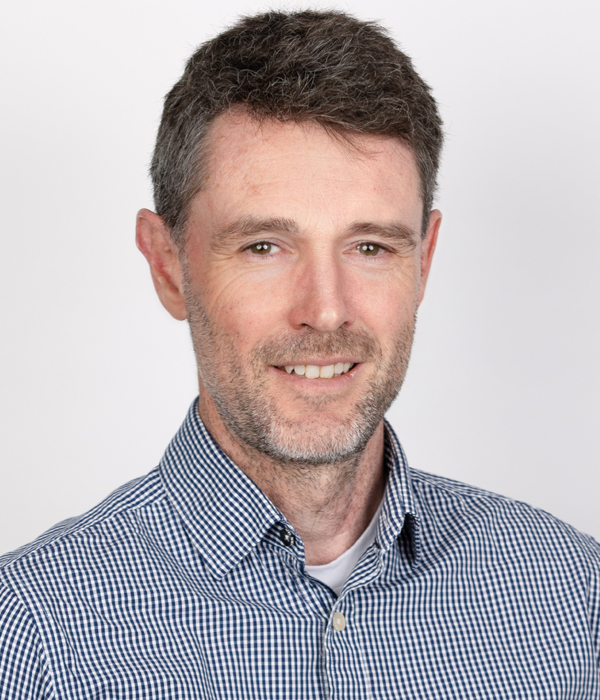
Andrew Dunlop
Andrew has extensive project management, strategic planning and stakeholder engagement experience. Since commencing in May 2023, Andrew has worked on projects for intergovernmental, local government, state government, not-for-profit and water utility clients.<br><br>Prior to the Alluvium Group, Andrew gained two years of marine restoration project management experience with The Nature Conservancy and, before that, senior leadership roles in the planning and delivery of multiple major international sporting and diplomatic events in the workforce and transport fields. Andrew has worked in corporate, not-for-profit and government sectors.<br><br>Andrew is particularly interested in Nature-based Solutions as climate change adaptation, biodiversity and ecosystem conservation, climate and disaster risk reduction, the interface of climate change and agriculture, human-wildlife co-existence, sustainable and climate positive major events, climate impacts on major events and sport, and waste reduction/circular economy initiatives.
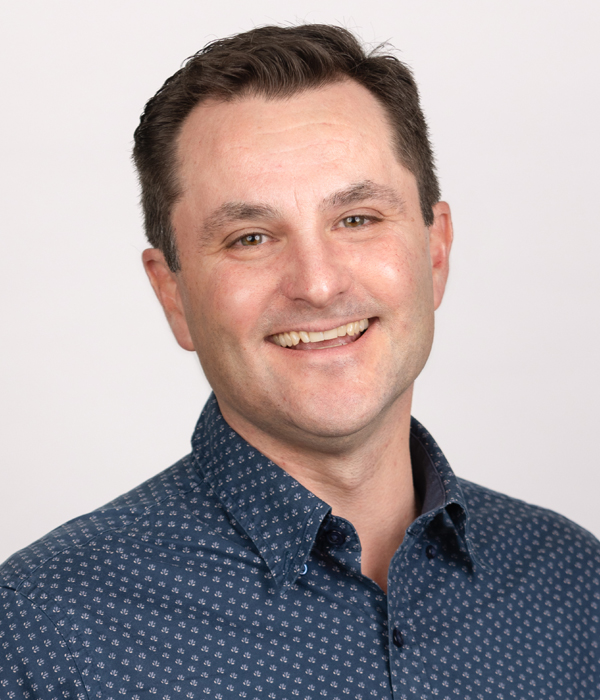
Jamie Ewert
Jamie is an educator and environmental scientist specialising in climate adaptation. He is particularly focused on systems approaches that integrate nature-based solutions, social resilience and the diversification of infrastructure In response to climate change.<br>Recognised as an effective boundary spanner, Jamie leverages his understanding of different technical disciplines with expertise in design thinking, economics, engagement and strategy to identify opportunities for transformative change.<br><br>He has extensive national and international experience in research (as a knowledge broker), policy, planning and implementation of measures for circular economies, drought resilience, flood resilience and managing urban heat. He is also skilled at managing large, complex projects and is known for his collaborative approach.<br><br>Prior to joining NCC, Jamie was a Principal Consultant at Alluvium Consulting and an Executive at the Cooperative Research Centre for Water Sensitive Cities, based at Monash University. He also has extensive experience in the water sector, having worked for many years at Melbourne Water Corporation and Southern Rural Water, and in environmental policy at the NSW Environment Protection Authority. He maintains close links with research and has presented key note and other presentations at multiple international conferences.

Steve Charlton-Henderson
Steve is a resource economist and one of NCC’s most proficient economic modellers. He is a Bachelor of Economics (Hons) graduate from the University of Queensland where he majored in Natural Resources and Environment.<br> <br>In his time at NCC, he has worked on a wide range of projects with a focus on those involving cost-benefit analysis in the contexts of agriculture, water supply and natural hazards. The analyses regularly include the development of economic models and risk assessments. These projects, along with many others Steve has been involved with, have also included desktop analysis, consultation with industry, and incorporating social and environmental considerations into decision-making, both quantitatively and qualitatively.

Boris Lam
Boris is a natural resource economist who has been with the company since 2020, applying economic analysis to address environmental challenges. He has delivered projects across Australia and the Pacific, focusing on sustainable agriculture, water resource management, ecosystem service valuation, and infrastructure investment.<br><br>He specialises in cost-benefit analysis (CBA) to evaluate the economic implications of a wide range of environmental initiatives. His work spans water supply planning in VIC, NSW, and QLD, natural hazard mitigation, agricultural sustainability, conservation agriculture, and ecosystem restoration. He has delivered projects for urban water utilities, bulk water suppliers, Catchment Management Authorities, and Local Land Services, helping to develop investment prioritization strategies and policy-relevant insights. He also brings experience across the Asia-Pacific region, having assessed the feasibility of waste management systems in Small Island Developing States, sustainable construction materials in Vietnam, and public health risks from exposure to hazardous building materials in Cambodia.<br><br>His experience extends to discrete choice modelling to estimate willingness-to-pay for maintaining blue-green assets and spatial analysis using QGIS, integrating geographic and economic data to support decision-making.

Mitchell Perry
Mitchell is a resource economist with Natural Capital & Climate. He specialises in applying economic and financial analysis to natural resource management issues to inform decision-making.<br><br>With NCC, Mitchell has worked on consulting assignments across Australia and overseas. Major focuses of his work have been using cost-benefit analysis to compare options and to develop business cases, using market and non-market valuation techniques to value ecosystem services, and undertaking economic analysis of natural hazards to inform climate change adaptation.<br><br>Prior to consulting, Mitchell worked in finance, in roles with government, and with several large corporations in Australia and the United Kingdom. He holds a master’s degree in agricultural and resource economics from the University of New England.

Max Whiteoak
Max joined Natural Capital & Climate (NCC) in 2020, completing a master’s degree in agricultural and resource economics through the University of New England in 2023. His master's thesis developed a robust framework to assess flooding impacts across climate change scenarios for Gold Coast residential homeowners.<br> <br>Max has been involved in a range of flood assessment-related projects, in addition to cost-benefit analysis and business case development projects. A focus of his work has been on developing several coastal-hazard adaption strategies as well as a risk-based framework for water-sensitive urban design. Additionally, he helped develop a Flood Economic Assessment CBA Tool to quantify potential actions to address flood risks, as well as a CBA framework to assess the impacts of new nationwide building codes that addressed condensation.<br>

Farha Alvi Rahman
Farha Alvi Rahman recently joined Natural Capital Economics. She holds a Master of Business Analytics from Melbourne Business School and a Master of Applied Economics from Macquarie University. Her thesis at Macquarie was awarded the Department Prize and examined the relationship between renewable and non-renewable energy sources in Germany.<br><br>Farha is passionate about sustainability and policies related to Sustainable Development Goals. She brings knowledge and experience in economic modelling and assessment methods, research, data management and Power BI.<br><br>Before joining Natural Capital Economics, Farha worked with Deloitte’s Financial Advisory and Creature Technology.

Tien Le
Tien Le is an environmental and social researcher and practitioner specializing in climate resilience, environmental policy and community-based adaptation. She holds an MSc in Climate Change and Development from the University of Reading (UK) and a bachelor's degree in law from Can Tho University (Vietnam), combining scientific expertise with policy insight to drive sustainable solutions. With eight years of experience, she has contributed to projects addressing the interconnected challenges in climate, water, and energy nexus across Southeast Asia.<br><br>Before joining Alluvium, she supported hundreds of farmers in Vietnam’s Mekong Delta and Central Highland who dealt with water scarcity challenges and examining water efficient options in farming. She has had hands-on experience introducing and collaborating with farmers on climate-smart innovations, such as piloting Alternated Wetting and Drying integrated with the Internet of Things to monitor and control field water levels to reduce GHG emissions in rice cultivation.<br><br>At Alluvium, Tien continues to bridge science and policy by facilitating multi-stakeholder dialogues and capacity-building programs in Vietnam and across Southeast Asia. Her research focuses on pressing environmental challenges in the Lower Mekong region, contributing to efforts that support integrated water management and climate resilience. Additionally, she has organized and led over 25 national and regional events, bringing together governmental agencies, the private sector, civil society organizations, and local communities to drive forward climate resilience, energy transition and integrated water resources management.
Our Associates

Tim Fisher
Associate
Tim is an experienced water, conservation, and natural resource management professional with over three decades of expertise. He joined Alluvium in 2020 and brings a wealth of knowledge in water policy and program management. Prior to joining Alluvium, Tim held various influential roles, including Assistant Secretary in the Department of Agriculture, Water and the Environment, where he contributed to the development of the Future Drought Fund, the National Landcare Program, and emergency assistance for farmers affected by natural disasters. He also led the Murray-Darling Basin Policy branch, playing a key role in the Basin Plan's development and implementation. <br><br>Tim’s career includes significant contributions to Australian water policy, such as serving as Senior Adviser to the Minister for Climate Change and Water during the Rudd-Gillard government, where he helped secure key agreements and reforms in the Murray-Darling Basin. His earlier roles involved consulting and leadership positions at the EPA Victoria and the Australian Conservation Foundation. Tim was recognized with the Centennial Medal in 2001 for his service in water conservation and salinity management.
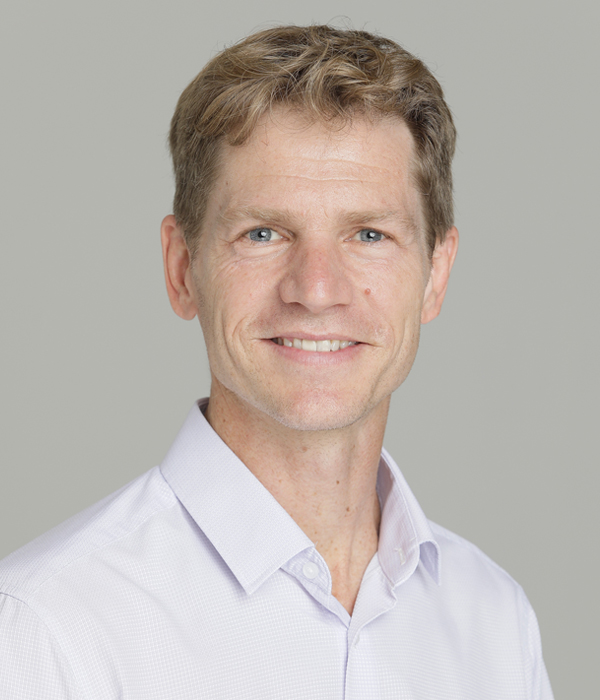
Phil Pickering
Associate
Phil is an economist with over 25 years’ experience advising local, state and federal governments and water businesses across Australia on issues including water pricing, economic regulation, cost-benefit analysis and business forecasting. Phil regularly conducts evaluations of new projects, ranging from household level initiatives to some of the largest infrastructure projects in the country.<br> <br>Phil’s extensive experience includes business case development, economic modelling, pricing and tariff design, valuation of social and environmental benefits, regulatory reform, cost-benefit analysis, strategic planning, risk assessment, and due diligence and feasibility assessment.<br> <br>Phil has a Master of Philosophy and Bachelor of Commerce.